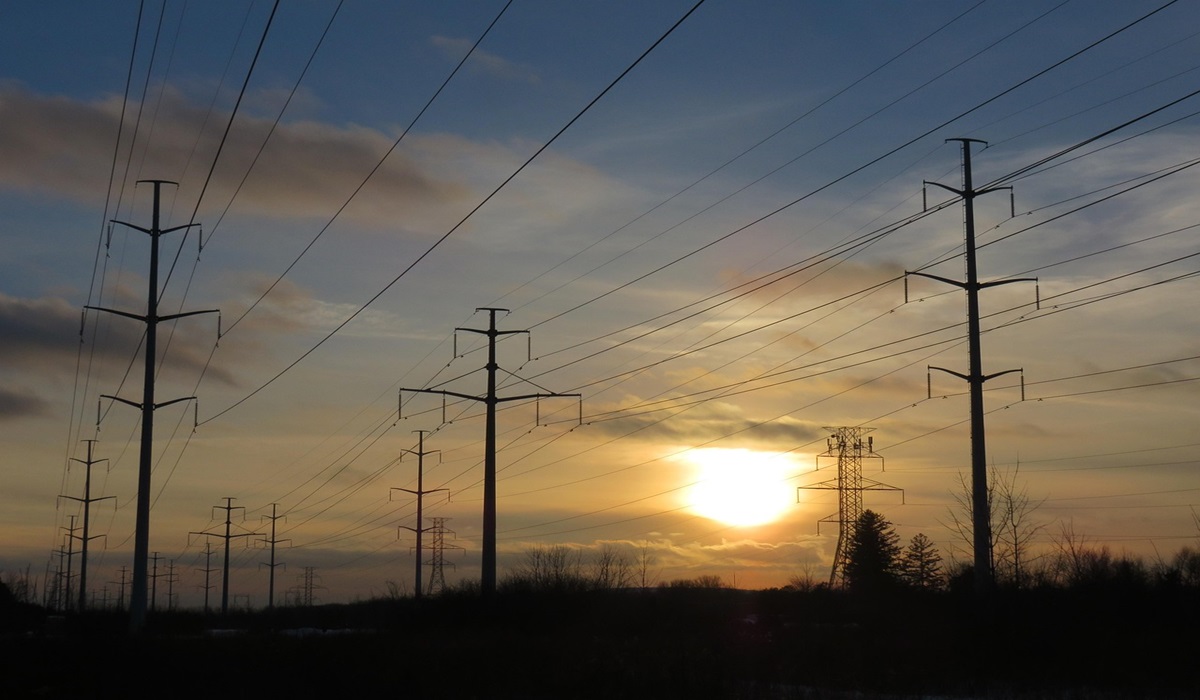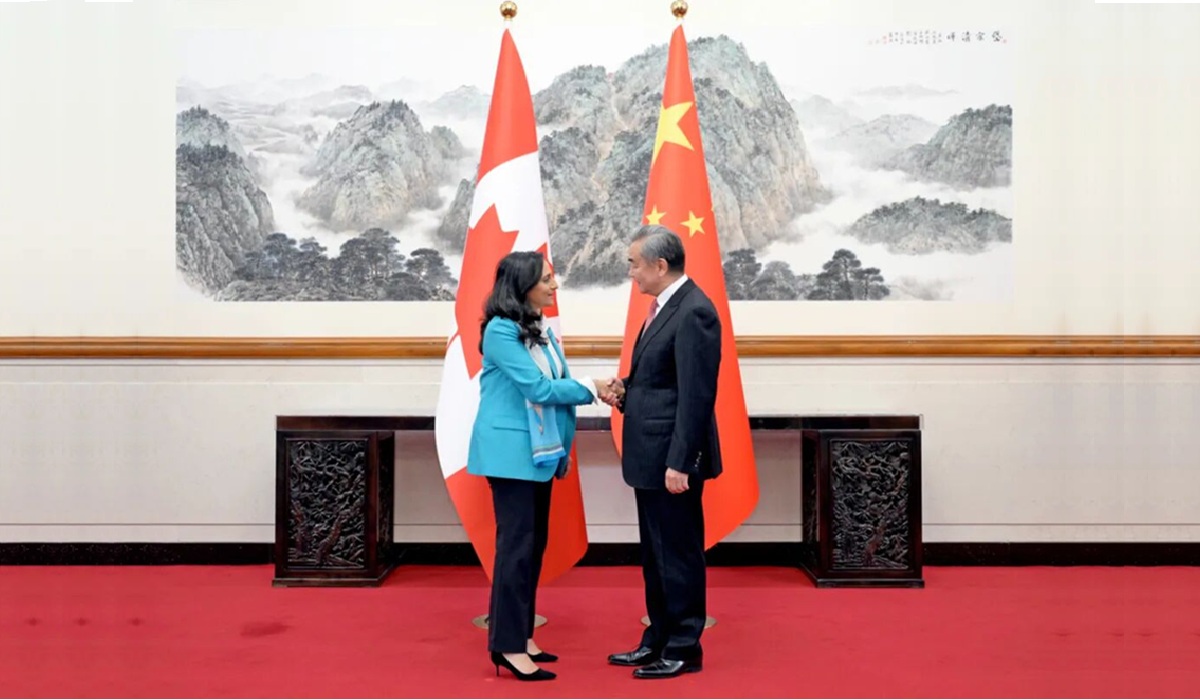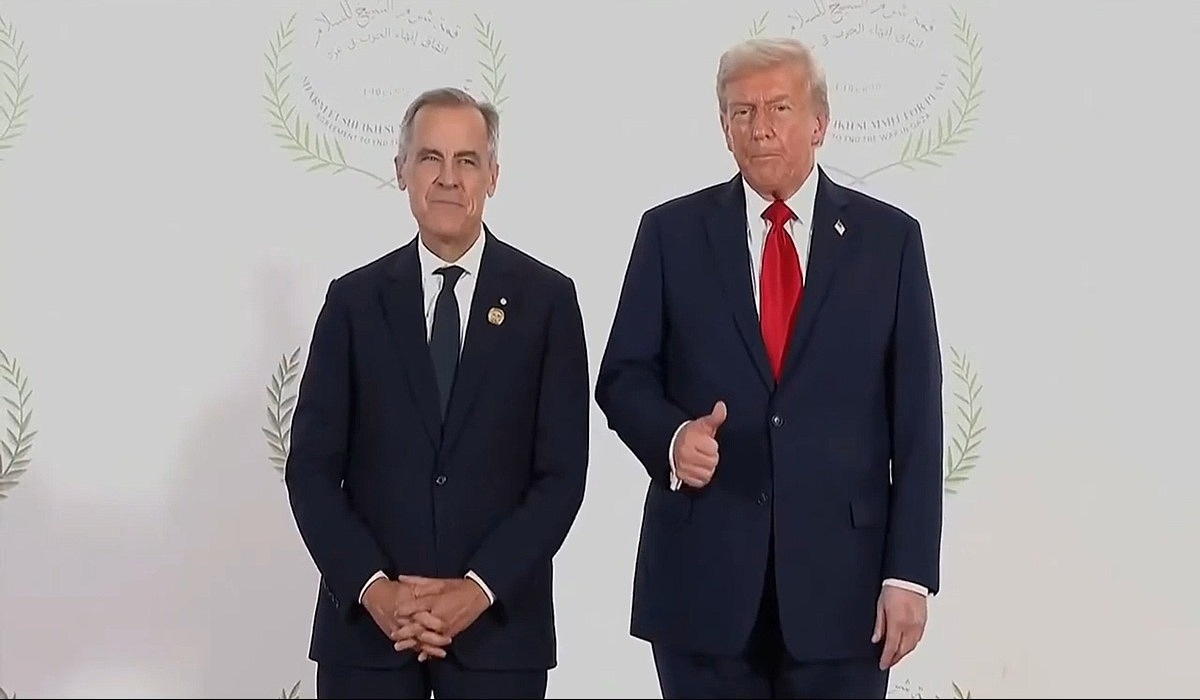Manitoba to Redirect Hydro Power Toward Domestic Projects Amid Trump Tariff Fallout
- Ingrid Jones
- Canada
- April 15, 2025

Image Credit, Natasha G
WINNIPEG— In a strategic pivot reflecting growing concern over the economic consequences of U.S. trade actions, the Manitoba government has announced it will begin redirecting portions of its hydroelectric power exports back into Canada to support domestic infrastructure. The move, unveiled by Premier Wab Kinew, comes as provinces grapple with the ripple effects of Donald Trump’s aggressive tariffs on critical Canadian exports.
“Manitoba is a province of builders, and we are stepping up to help build our nation as we weather the economic uncertainty we are all facing right now,” Kinew said Monday. “There is no better time to be partnering with other Canadian provinces and territories to build the infrastructure we need for a strong domestic economy.”
The plan involves redirecting up to 500 megawatts of electricity—currently tied to expiring export contracts—toward internal development projects in Manitoba and across Canada. Most notably, 50 megawatts will be earmarked for the Kivalliq Hydro-Fibre Link, a landmark initiative that aims to connect remote northern communities with reliable power and telecommunications infrastructure.
For decades, Manitoba Hydro has played a significant role in exporting clean electricity to the United States. But with trade relations deteriorating and U.S. protectionist policies undermining cross-border economic cooperation, the Kinew government is shifting its focus inward—an effort to strengthen Canadian resilience by building critical infrastructure and energy independence.
The Kivalliq Hydro-Fibre Link is viewed as more than a northern development project; it’s a symbol of national unity and sovereignty. Once operational, it will reduce reliance on diesel fuel in isolated communities, support Indigenous economic participation, and provide essential energy for resource development, including mining operations in Nunavut.
“This commitment by the Province of Manitoba is true nation-building that makes Canada stronger,” said Anne-Raphaëlle Audouin, CEO of Nukik Corporation, the lead organization behind the project. “Working together we can unlock sustainable economic development opportunities, build stronger communities, and support Arctic sovereignty and security. We look forward to working in partnership to build a more connected Canada.”
Kinew’s announcement marks a clear shift toward interprovincial solidarity in the face of external economic threats. Manitoba has signaled its intent to further collaborate with governments in Nunavut, northern Indigenous leadership, and private sector partners to expand development, protect sovereignty in the Arctic, and ensure Indigenous communities are central beneficiaries of future economic growth.
The redirection of hydro exports, while potentially costing Manitoba Hydro some short-term U.S. revenues, underscores a larger philosophy shift: building Canada by investing in Canada. It’s a message of self-reliance wrapped in pragmatism—a calculated risk in an era of geopolitical unpredictability.
As Trump-era tariffs chip away at Canada’s economic footing, Manitoba’s decision may serve as a blueprint for other provinces to rethink their export strategies, diversify partnerships within the federation, and prioritize projects that not only serve the bottom line but knit the country closer together.
Because in the current global climate, power isn’t just about electricity—it’s about direction, and Manitoba has made it clear which way it’s headed.








